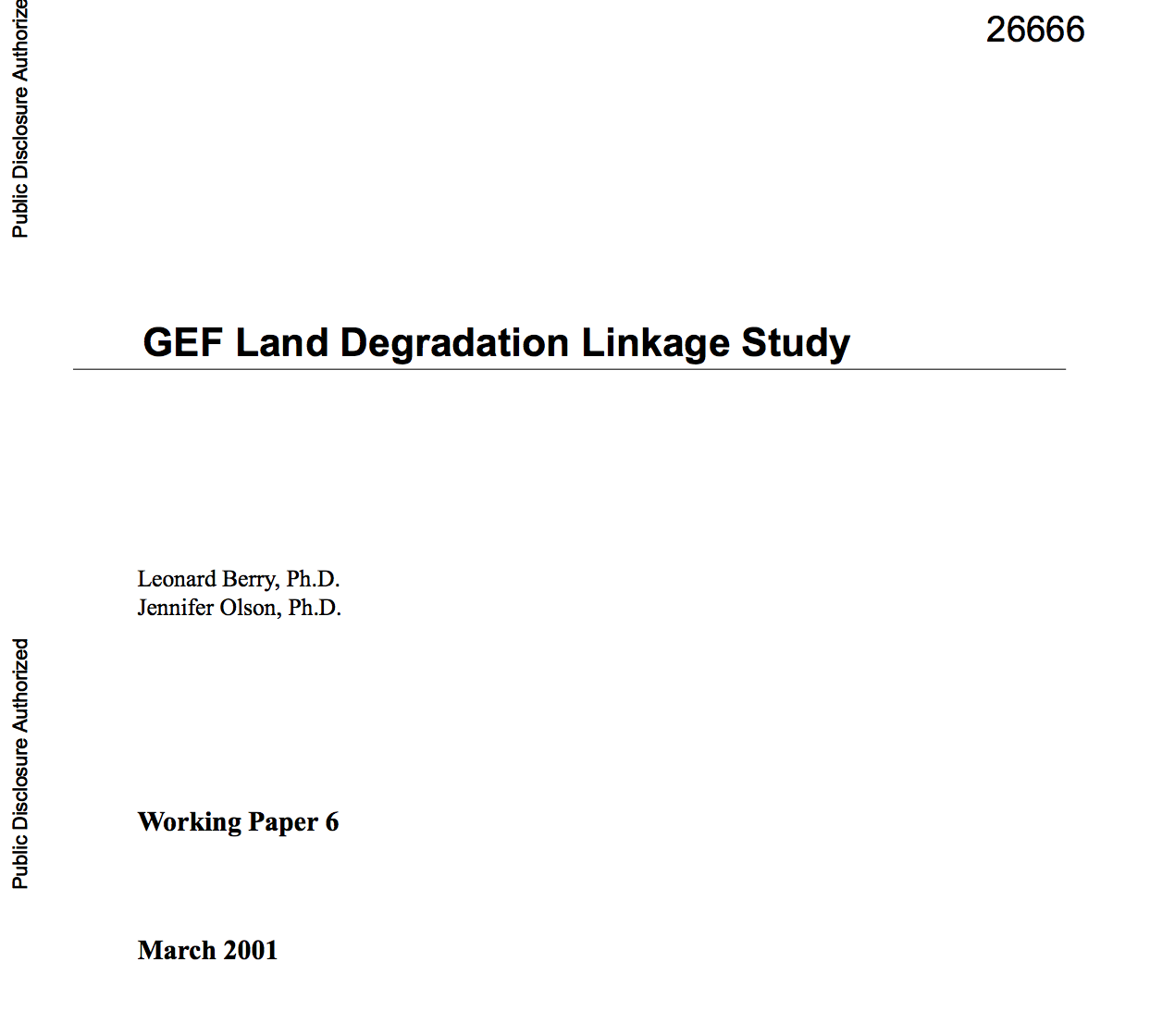Decreto Nº 126/992 - Créase la Comisión Nacional Honoraria de Conservación de Suelos y Aguas.
Mediante este Decreto se crea la Comisión Nacional Honoraria de Conservación de Suelos y Aguas, organismo de integración mixta cuya misión es concretar el esfuerzo privado y público en la conservación de los suelos y las aguas con fines agropecuarios.
Implementa: Ley Nº 15.239 - Declara de interés nacional el uso y la conservación de los suelos y de las aguas superficiales destinadas a fines agropecuarios. (1981-12-23)




